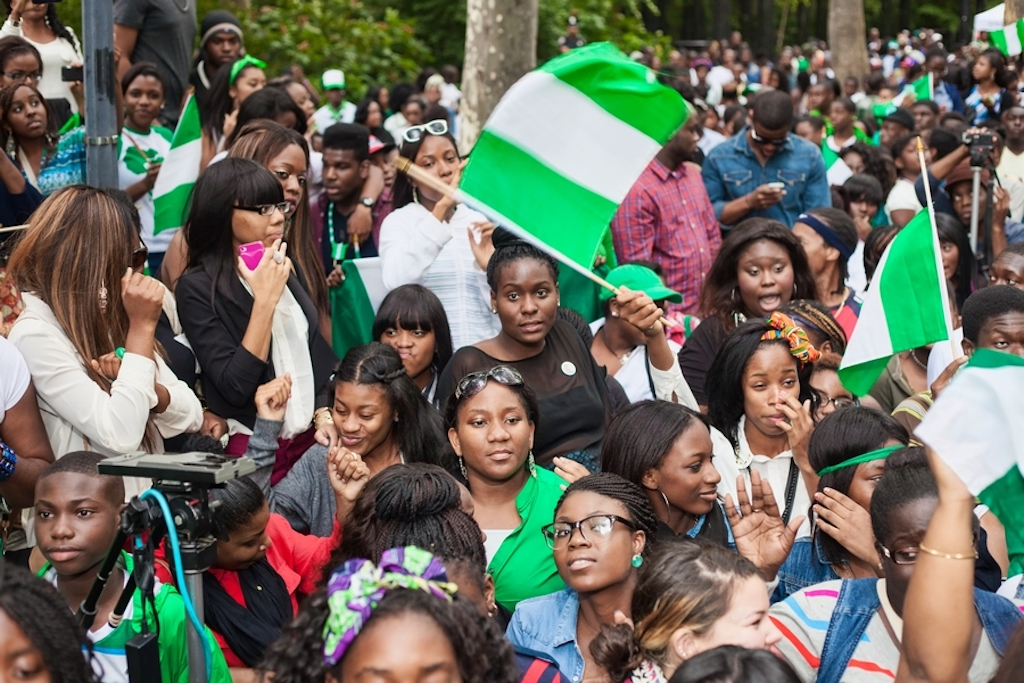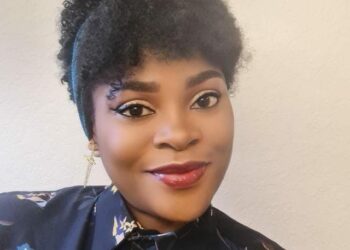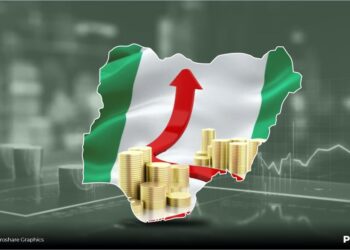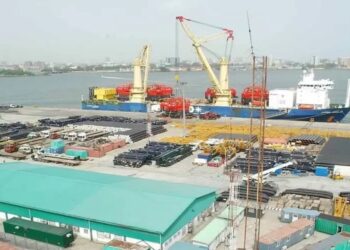The 2022 primary elections of the various parties, especially the two main parties, the ruling All Progressive Congress (APC) and the main opposition party the Peoples Democratic Party (PDP) have raised a fundamental issue in the Nigerian political space and that is the representation of the main ethnic and religious groups to the highest positions of office. We are seeing agitations by Muslim and Christian groups about how offices should be ‘shared’ based on a sense of fairness.
The APC’s special convention to pick its presidential candidate resulted in victory for the former Governor of Lagos state and National leader of the APC, Asiwaju (Jagaban) Bola Ahmed Tinubu. His emergence came after a lot of uncertainty of what direction the party was going to take following the emergence of the former Vice President Atiku Abubakar as the candidate of the PDP.
Some members of the APC (mostly members of the northern Cabal in the Presidency) attempted to bring in a northern candidate (the Senate President Ahmed Lawan) to counter what they saw as the threat of a northern PDP candidate in the form of Atiku Abubakar that would pull the huge northern votes. This was seen as going against the informal agreement between the ACN and CPC that created the APC and saw the emergence and eventual victory of the President Muhammadu Buhari in the 2015 elections. This ‘agreement’ was for power to shift to the south, specifically the southwest.
The South west power block with Tinubu at the forefront saw the attempt to present a northern consensus candidate as going against everything that was agreed and he made his anger at this breach known at a rant he had in Ibadan, where he demanded that it was the turn of the southwest to present a candidate. This rant might have been the foundation for the communiqué from the Northern APC governors (bar the governor of Kogi state) who insisted, that based on the prior agreement and the need to ensure a sense of collectiveness within the party, the office of the president should be zoned to the southwest.
This eventually led to many aspirants dropping out of the race and eventually Bola Ahmed Tinubu emerged as the party’s presidential candidate. This is where the real drama has begun. We now have two Muslim candidates for the two main parties, and the choice of likely running mates has thrown the whole country into a tailspin, with the Christians led by the Christian Association of Nigerian demanding that for Christians to have any sense of belonging in the incoming government irrespective of who wins, the parties must both select running mates that are Christian. This is not so much of a problem for Atiku who will most likely pick a Christian running mate from the south east or south south. For Tinubu, it is trickier, given that the Northern Christian population, do not have the numbers and little political clout outside of their immediate political space.
It is becoming quite obvious that Tinubu’s best chance of winning the 2023 elections given the numbers of voters in the core north, is if he picks a Northern Muslim running mate. This will of course incur the wrath of the northern, south east and south south Christians but might not have the same effect amongst the South west Yoruba Christians who have stronger ethnic than religious affinities.
But can Tinubu afford to take such a risk? Historically, the 1993 elections that was won by Moshood Abiola had a Muslim/Muslim ticket with Babagana Kingibe as his running mate. Going further back, in 1979 and 1983, both candidates of the Unity Party of Nigeria (UPN) and the Nigeria Peoples Party (NPP), Obafemi Awolowo and Nnamdi Azikiwe respectively, both Christians, had Christian running mates, Philp Umeadi from the south east and Ishaya Audu from the north. Maybe Awolowo realizing the need for a broader representation picked a Muslim running mate in 1983, while Zik stayed with his Christian running mate.
I was too young to be part of the conversation in 1979 and 1983, however, I am not sure if those choices made as much headline as the current political conversation is generating. Why is this the case? Have we become more religious or do the different religious groups in Nigeria feel more threatened by the other? Have our religious and ethnic identities become so strong that we see every action through these lenses? If all of these are true, then we face the challenge of making rational decisions that are not clouded by how these identities have shaped our thoughts.
Identities are not inherently bad, there is of course the more menial moral ethnicity that helps shape and define our moral compass and tribal ethnicity that is more militant and has given rise to intractable wars that continue to rage around many hotspots in the world. The choice for Nigeria is to decide which one we want to lean on, do we want a country that continues to be defined by our identities or one that seeks for leadership that will deliver irrespective of religion or ethnic orientation? This is of course a heavily loaded decision and one that the political elites must navigate.





